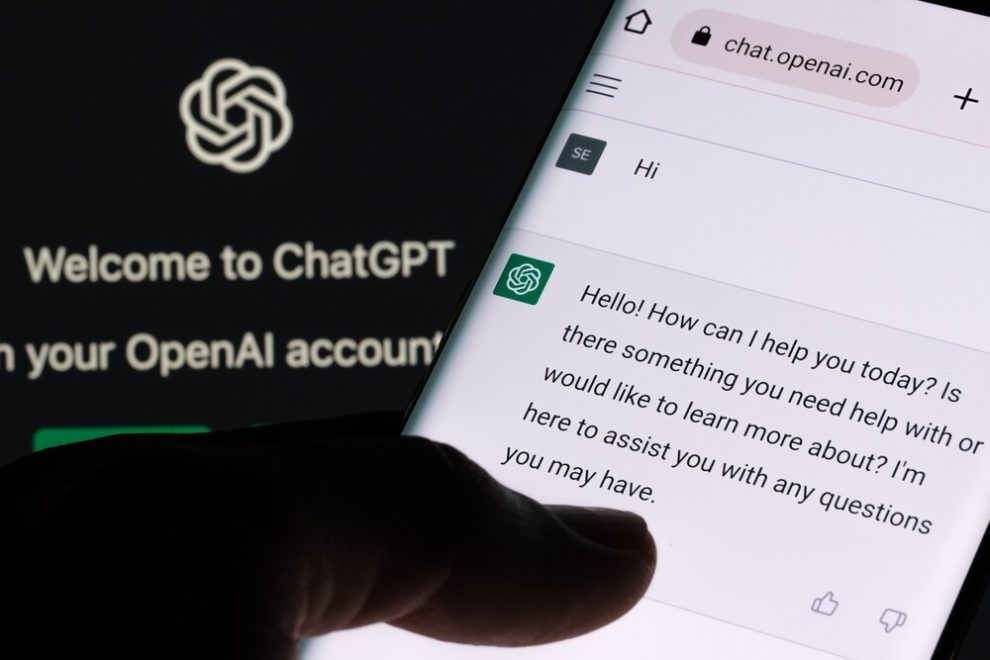It’s 2023. New technological advances are spreading like wildfire, primarily the development and evolution of artificial intelligence (AI). It always seemed like a futuristic scene that human jobs would be taken over by computers and robots, but here we are: cashiers, retail service workers, data analysts, public security guards, and even certain doctors have had their jobs replaced by the worlds’ most highly developed robots. One area that is being increasingly affected by the development of AI is the college application business.
In the past few years, college applications have become a process students dread more and more. So many dynamics have come into play that are causing students to have trouble displaying their strengths and strong suits when applying to universities. Standardized testing has become less utilized, students have been involved in cheating scandals (also due to AI), and now the future of the long-standing student essay may be in jeopardy.
Considering the fact that the leading online AI chatbot, Chat GPT, is now able to score a perfect 1600 on the SAT, the world must understand how robots will continue to undermine the college admissions process due to cheating through AI. The undergraduate essay is a tradition that has put students’ writing and storytelling abilities to the test for generations, but admissions officers and administrators haven’t yet found the technology needed to ferret out which student essays have been written by the students themselves, and which have been written by chatbots. Students applying to colleges in the upcoming years are now worried that the threat that Chat GPT and similar AI pose to the integrity of the application essay could result in the elimination of the student essay as a whole. Kevin Bryan, associate professor at the University of Toronto, explained, “You can no longer give take-home exams/homework … Even on specific questions that involve combining knowledge across domains, the OpenAI chat is frankly better than the average MBA at this point. It is frankly amazing.” Truly no one is prepared for the effects of AI in the upcoming years, as its unpredictability is proven daily.
The world is having trouble deciphering the pros and cons of the artificial intelligence revolution. On the upside, it is true that students can now be tutored practically for free; the time to complete tasks has been significantly diminished; decision making has been made easier; and AI has 24/7 availability. However, AI is diminishing human ability, costly to develop, significantly increasing unemployment rates in the long-run, and is hindering many human opportunities.
The question of whether AI is the end of writing as we know it is very controversial. When asking Chat GPT about the effects of AI on writing, Chat GPT acknowledged AI’s limitations, responding,
“As an AI model myself, AI can be a helpful tool for writers, such as aiding in research or generating ideas, but it cannot completely replace the human touch. Writing is not just about coming up with words to fill up a page, it’s about communicating ideas and emotions effectively to connect with your audience. In short, AI may change the writing process, but it does not mean the end of it. It might even provide new opportunities for creativity and innovation in the writing industry.”
With artificial intelligence becoming a substitute for original research and thought, individual creativity is diminishing in our lives. It is vital to ensure that people do not lose their unique voices and perspectives.







